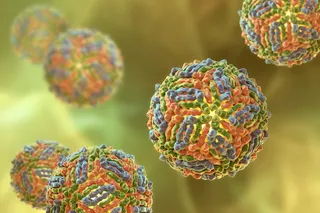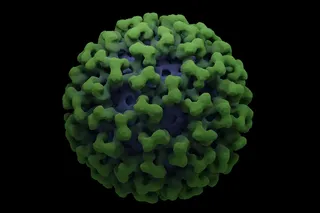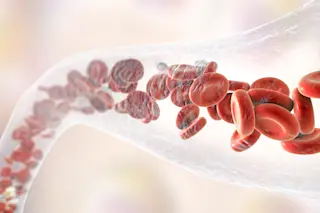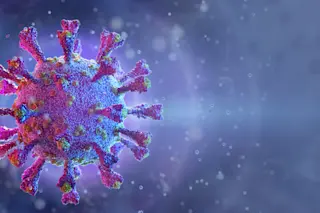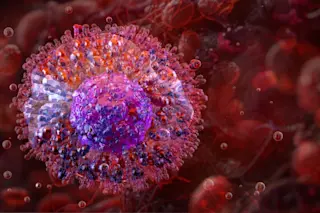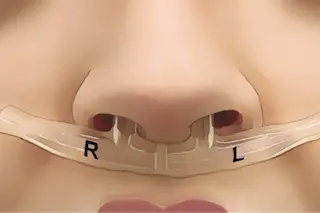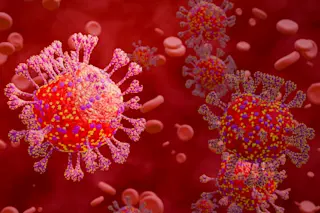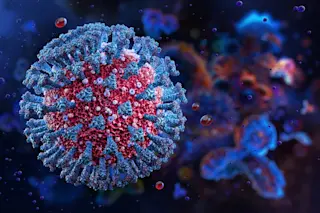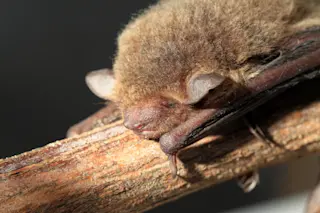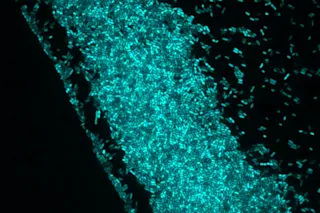What’s the News: Biochemists at the University of Arizona have found a promising new way to fight disease-carrying mosquitoes. In their research project, published in the journal PNAS
, the scientists blocked mosquitoes' ability to digest blood, making blood-sucking deadly to the winged pests. This technique could someday be used alongside other strategies to battle mosquitoes, like repellents and traps. How the Heck:
Mosquitoes, like many other insects, draw most of their nutrients from nectar. But when it comes time to produce eggs, female mosquitoes require large amounts of protein, which they get from blood. So, Roger Miesfeld and his research team decided to see what would happen if they blocked a mosquito’s ability to digest blood.
The researchers focused on a protein complex called coatomer protein 1, or COPI, which is made up of several subunits that cells use to secrete gut enzymes that break down blood proteins. When ...


